“War causes terrible destruction in the country, and information war causes no less terrible destruction in people’s brains. If a person hears from everywhere that “ukropy [offensive nickname given by russians about Ukrainians], Bandera people are evil,” sooner or later, they start to believe it. Fortunately, people in the south are very pro-Ukrainian and support the Armed Forces of Ukraine in every possible way,” Viyacheslav Skoriak, the head of the public relations service of the 10th Army Corps, which carries out combat missions in the south of Ukraine, emphasized in a conversation with the press service of the National Union of Journalists of Ukraine (NUJU).
“Here, when you walk through the city or village in military uniform, people smile at you, often say hello, come up to talk, ask something, and wish you well. This is, to a large extent, the merit of the mass media,” the military journalist believes. “We are open to work with all civilian colleagues who are accredited by the Ministry of Defense of Ukraine, both Ukrainian and foreign! We have a lot to talk about and, most of all, someone to talk about. People who are ready to give their lives for the Motherland every day are always interesting.”
Viyacheslav speaks with great respect about the journalists he had the opportunity to work with. At the same time, he has never met those who would violate the rules of staying in a dangerous zone or would not follow the instructions of a press officer. In his opinion, those who could treat work lightly at the beginning of the war have long since weeded out. Instead, journalists who have done it more than once and gained the necessary experience go to war.
“These are people with whom we have already worked together more than once and who understand us from half a word. People who know what can be written about and what can be said, and what is better to keep to themselves. What can be done in the danger zone, and what – cannot. I will give an example. There is a ban on showing the operation of foreign equipment without the permission of the General Staff. Someone would question why and why, and an experienced journalist would rather send an official request and, as a rule, get permission,” Viyacheslav Skoriak notes. “At least, I don’t remember a single case of being refused.”
Among journalists, there are many people who, in addition to direct media work, are also involved in volunteering. Vivid examples are TSN correspondents Yuliya Kiriyenko and Natalia Nahorna.
“Most of the journalists I talk to help the Armed Forces. They are trying to raise funds for thermal imagers, drones, and even cars. After all, at the front, all those are consumables; they are constantly needed. Journalists, like other Ukrainians, understand one simple truth voiced by our friend, the frontman of the band Kozak System Ivan Lenio: “You are either in the Armed Forces or for the Armed Forces.” If you do not fight and help the Armed Forces of Ukraine, then you will have to flee from the armed forces of the russian federation.”
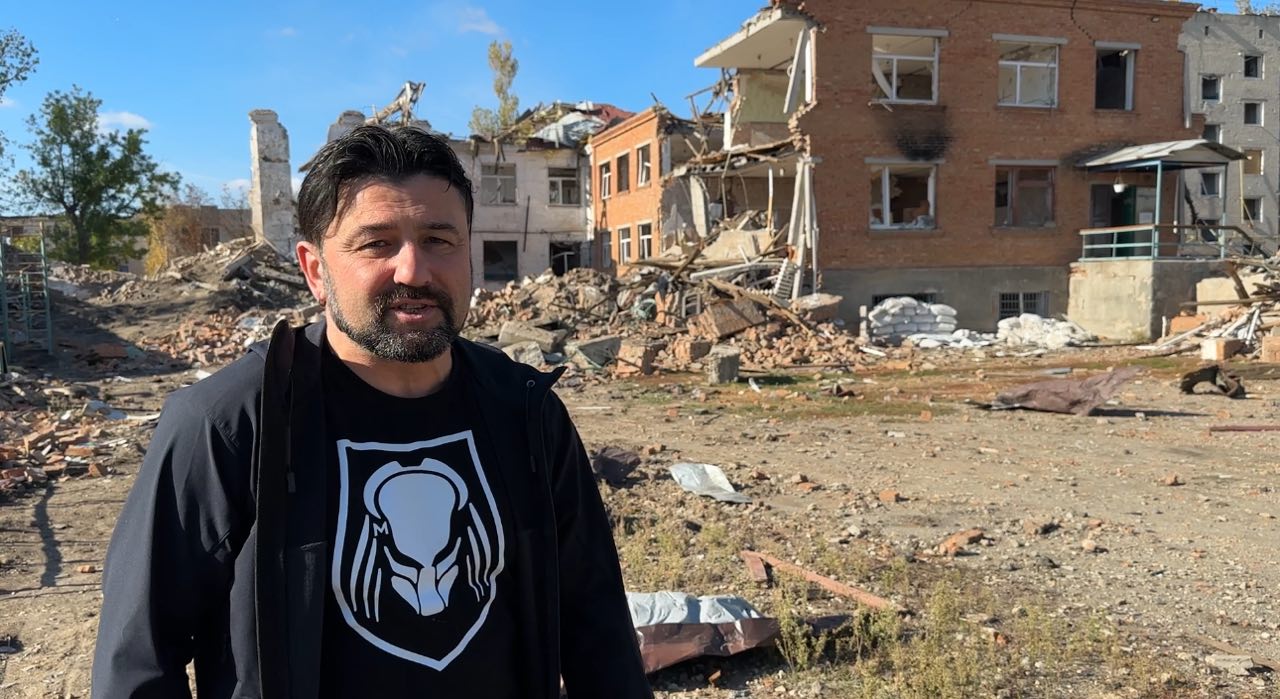
The 10th Army Corps was formed after the start of the large-scale invasion. Accordingly, the public relations service was created anew. So, compared to colleagues from other units, where the material base has been accumulating for years, the public relations service of the 10th Army Corps is provided much worse.
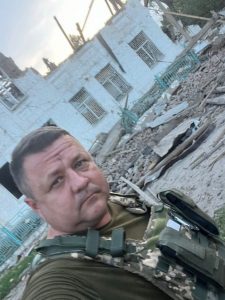
“When we need to shoot, we get out of the situation in different ways: we borrow somewhere, we ask one of the guys to bring their own equipment, a camera. It is easier for those who previously worked as journalists as they go to the Armed Forces with their equipment. We get by with mobile phones,” says Viyacheslav. “There is a problem with the provision of equipment because there is a war, and state funds are needed for more necessary needs of the Armed Forces than the purchase of laptops for public relations services.”
Viyacheslav Skoriak emphasized the importance of supporting local media as well. In the front-line zone, where there is no Internet and even light, people get information mainly from conversations among themselves, and the source of these stories is, as a rule, the local public, which people read in unbreakable points (there are generators and StarLinks) and from local newspapers.
“The role of the local press in shaping people’s attitude towards the state and the Defense Forces of Ukraine is crucial! Local people trust the local press and mass media more. This is understandable because the local press tells about the situation from the point of view of a local person, pays attention to such local events, which the capital mass media do not pay attention to,” noted the military journalist.
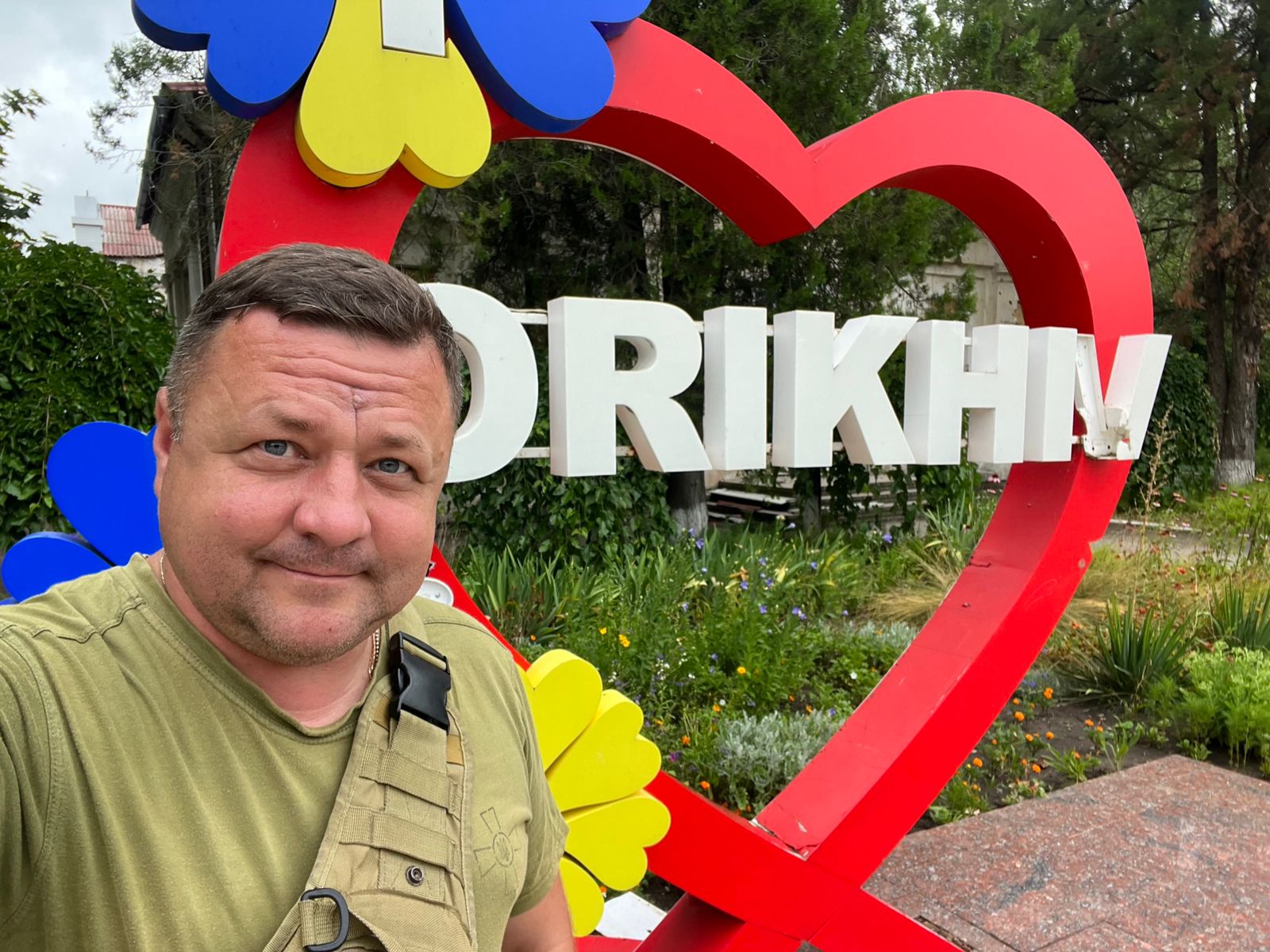
At the end of the conversation, Viyacheslav Skoriak emphasized that the current war is a test for every citizen of Ukraine, which we must pass.
“We are open to media workers who will come to us for informational purposes. Please come talk about the most valuable thing we have – our people. All the coolest Western technology doesn’t work without people – people who risk themselves every day… Sometimes they are afraid… but it’s normal to be afraid in war, right?… They are afraid, but they do everything possible so that in other regions of Ukraine, people can drink coffee, visit cinemas, and communicate with families. Pay attention to us, think about us, support us!” said the officer. “And we will be happy for those Ukrainians who have not yet joined the Defense Forces of Ukraine but intend to do so. This war affects everyone. Any man of draft age will have to go through it. Join in!”
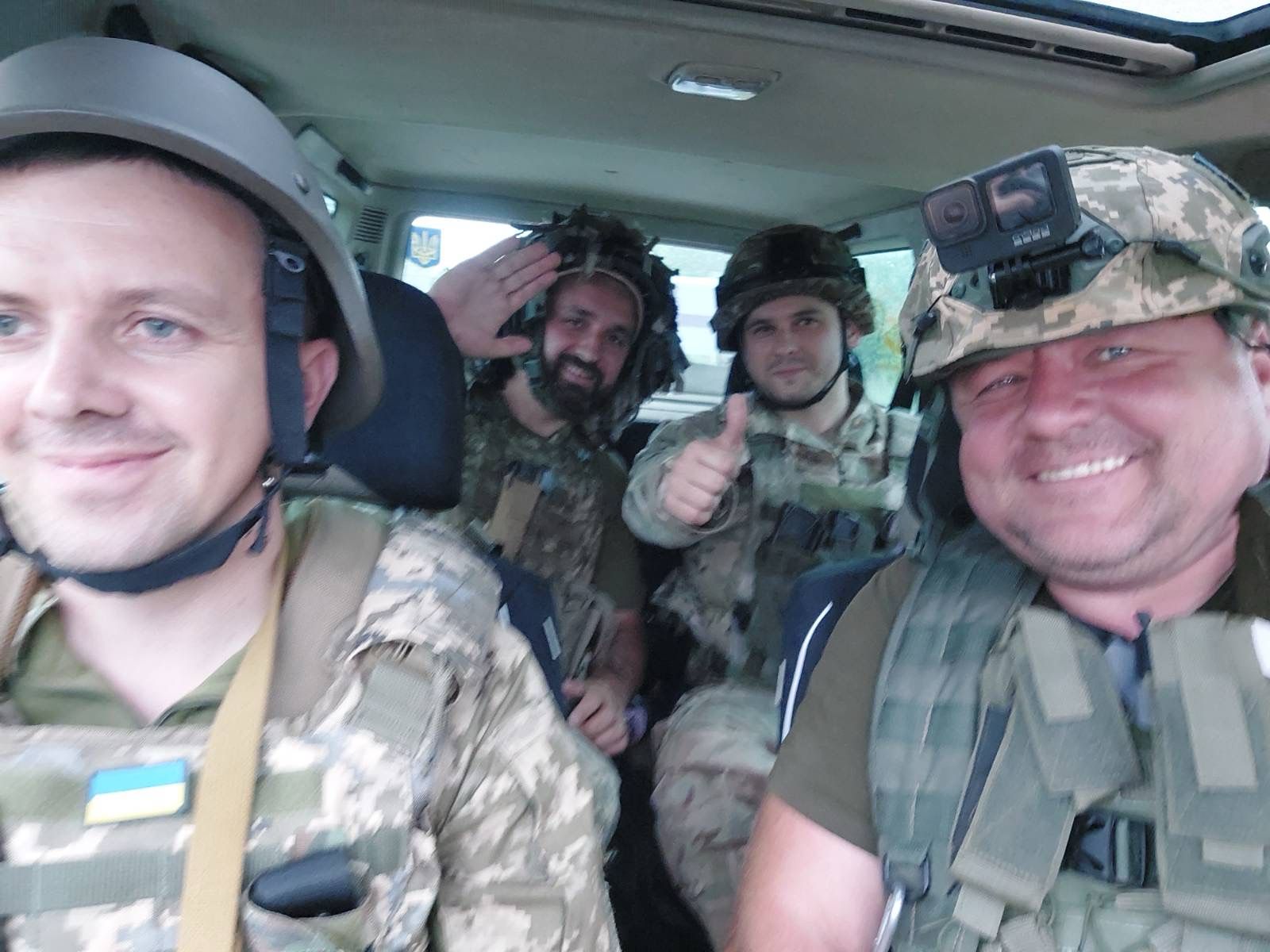
PHOTO: Photo from the Facebook page of the 10th Army Corps:
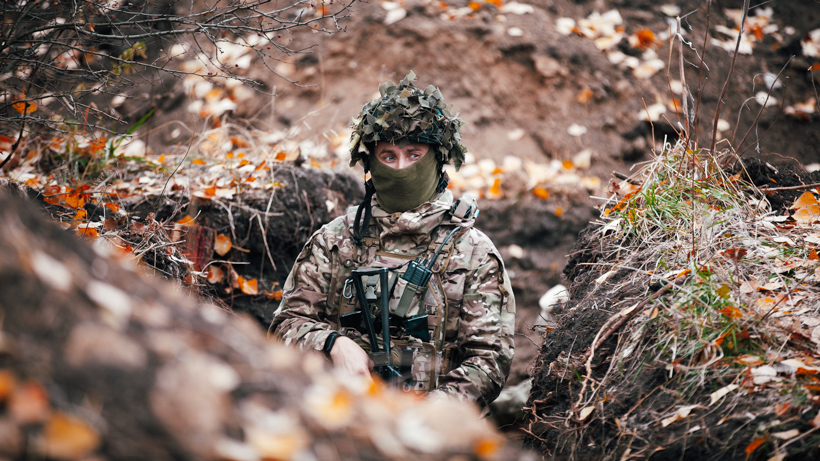
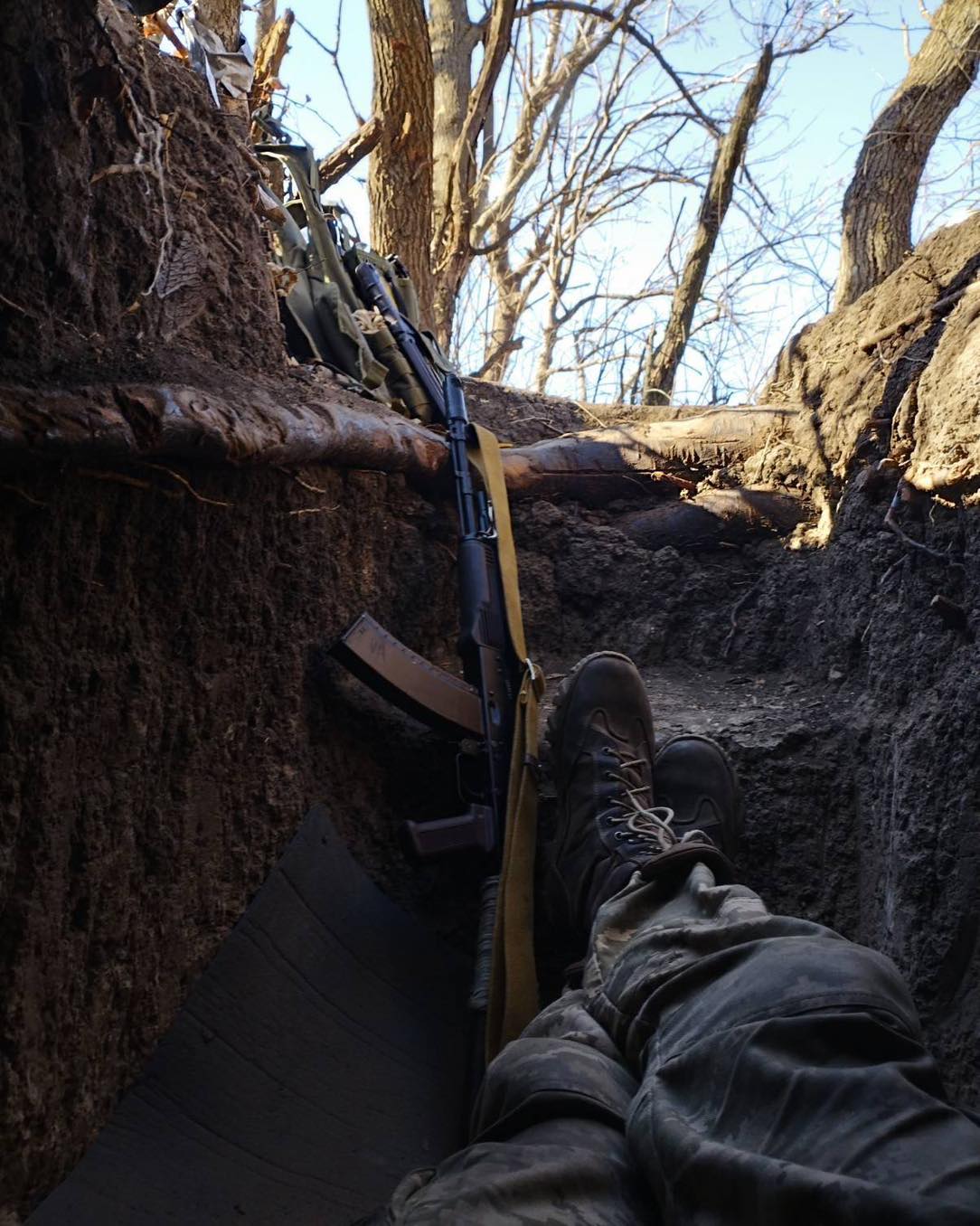
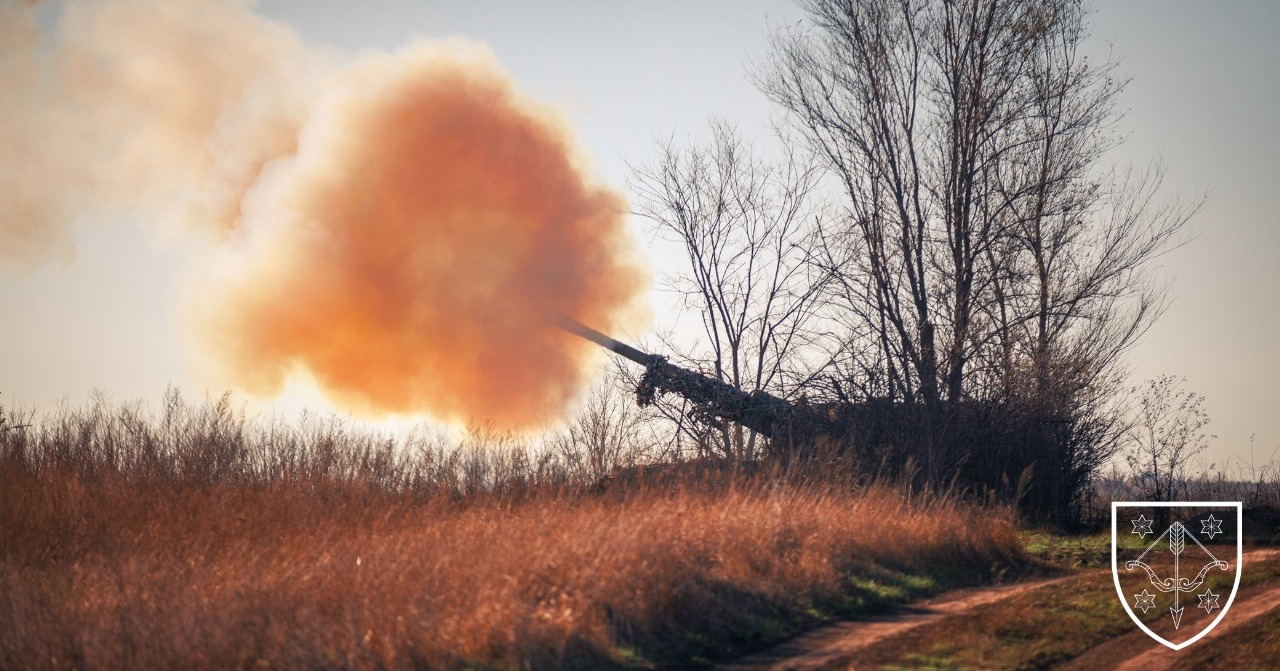
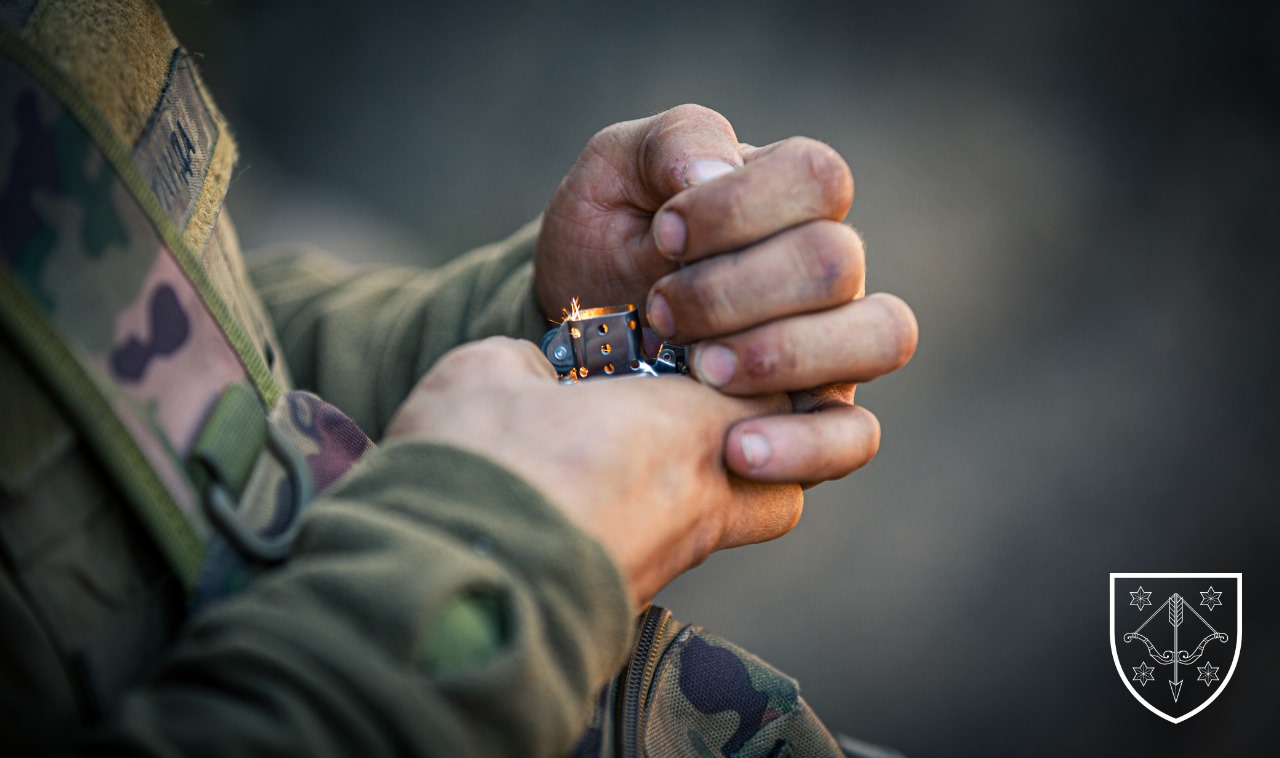
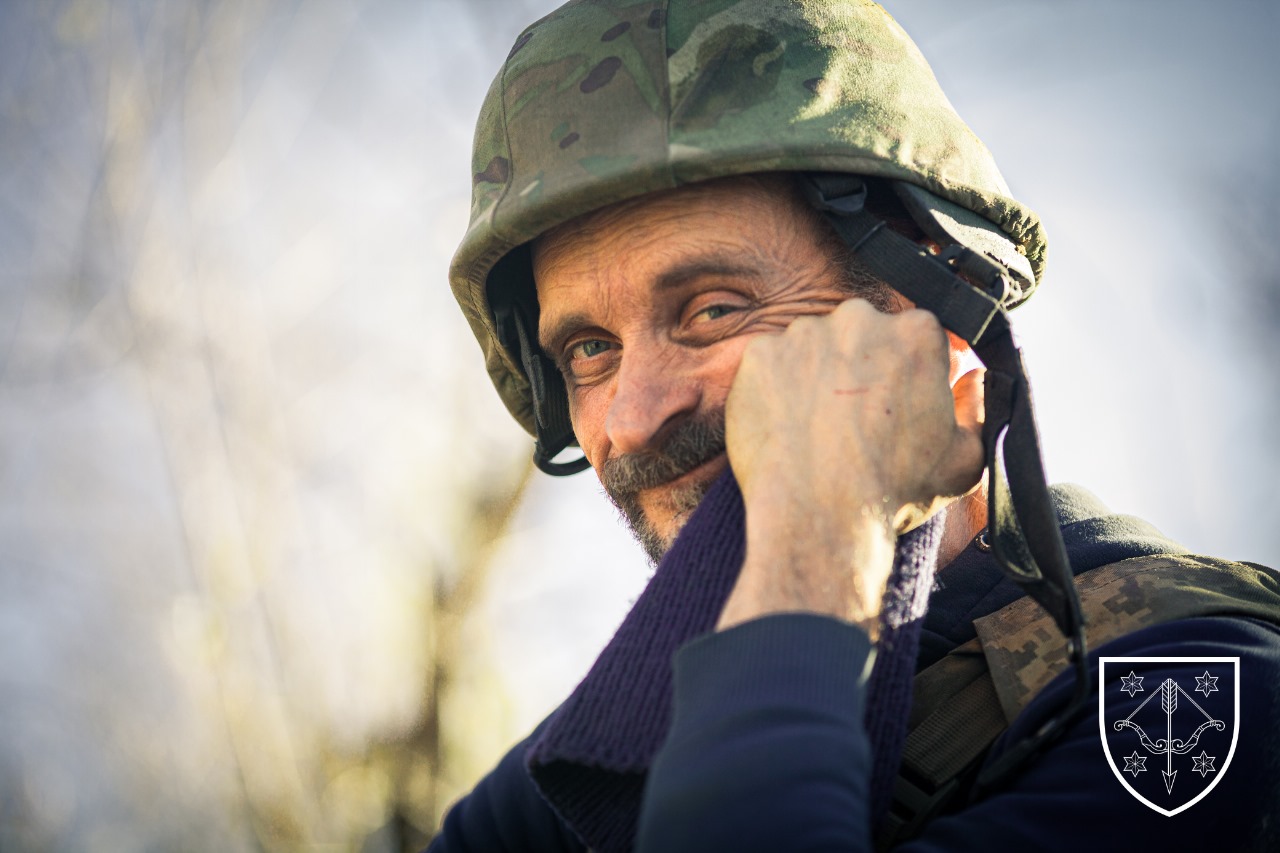
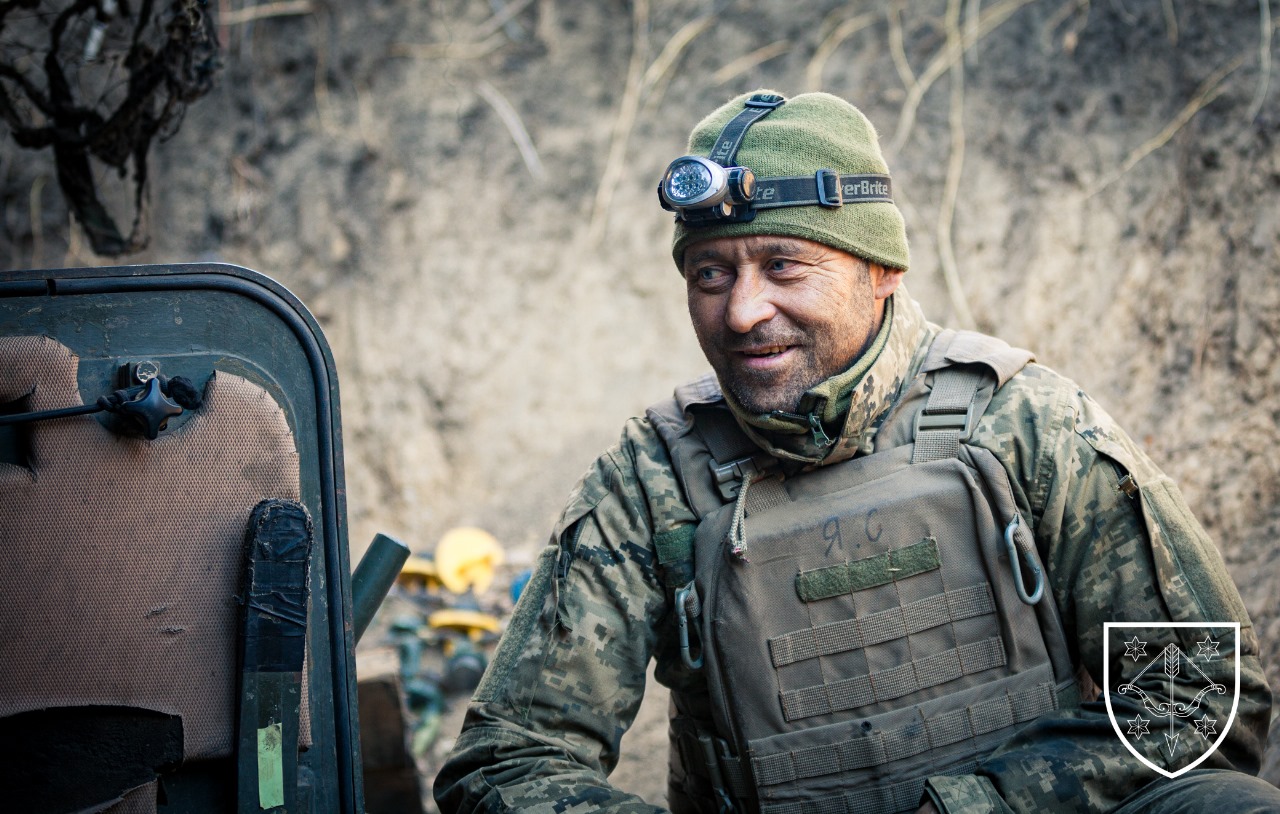
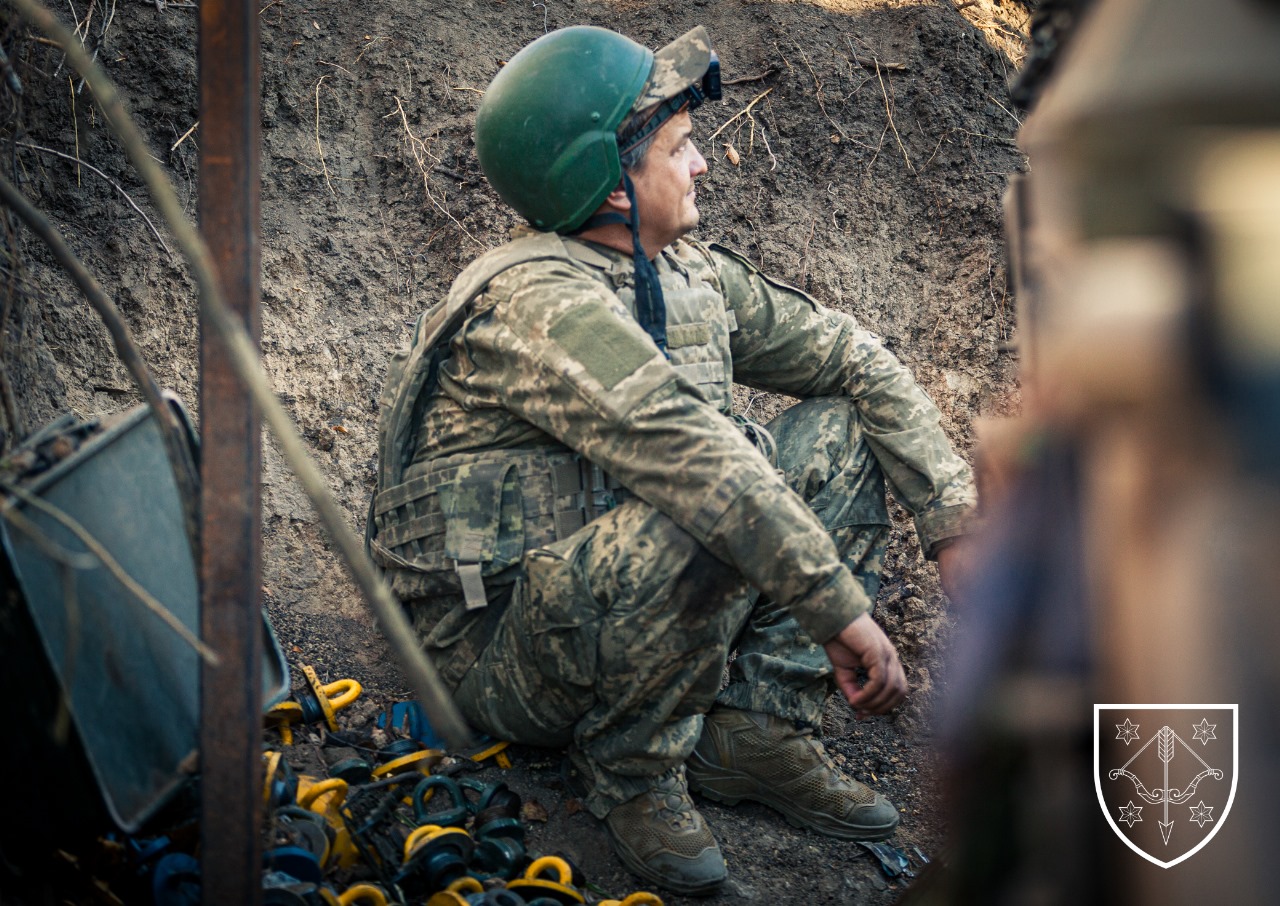
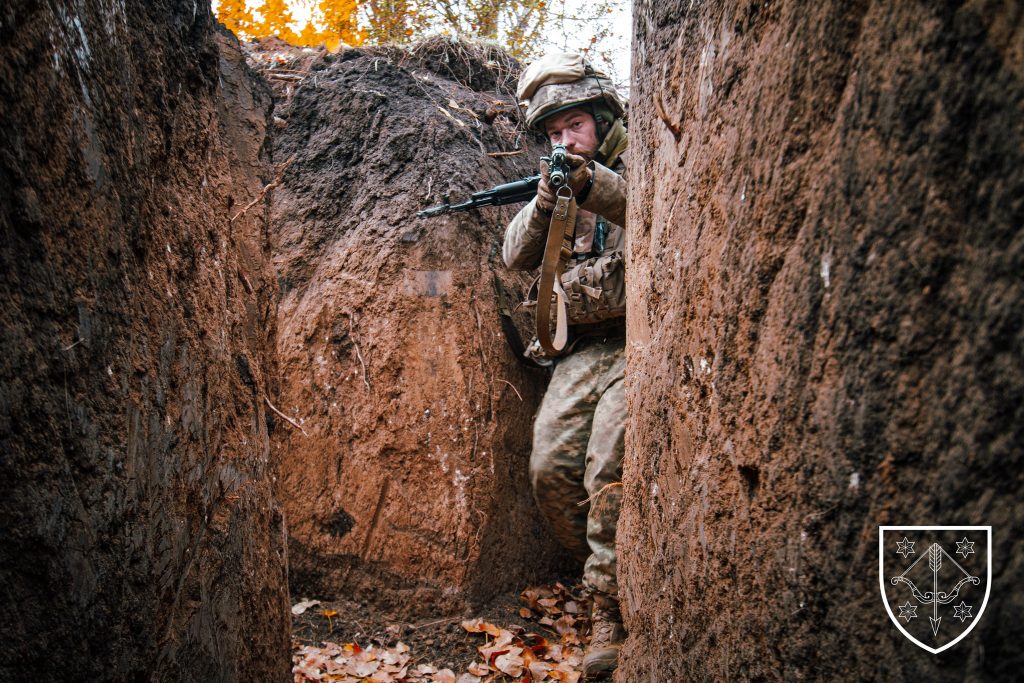
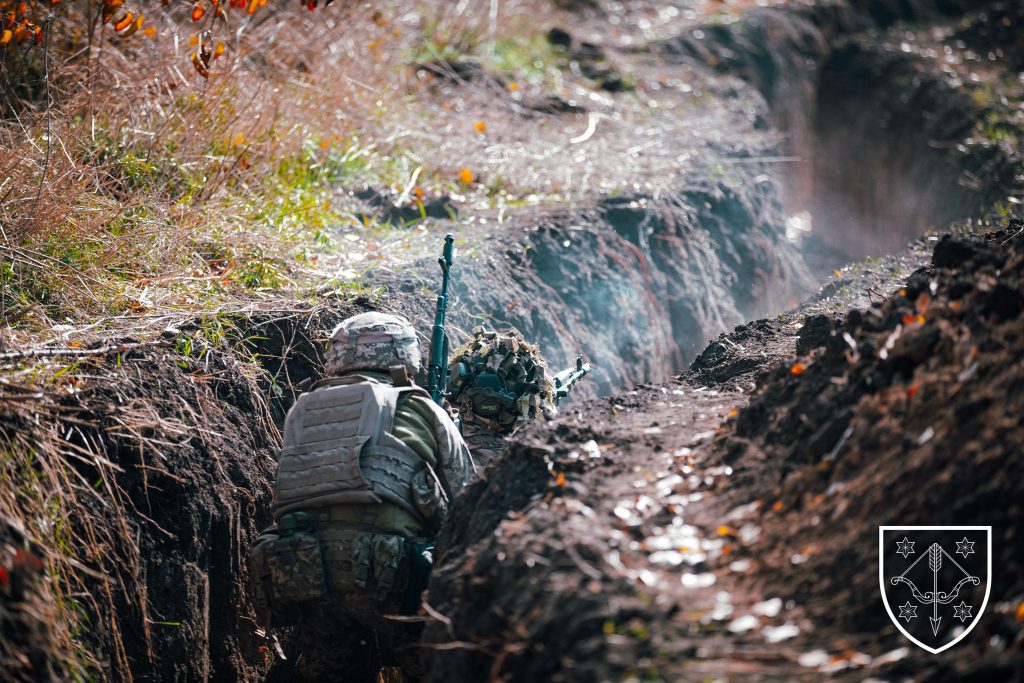
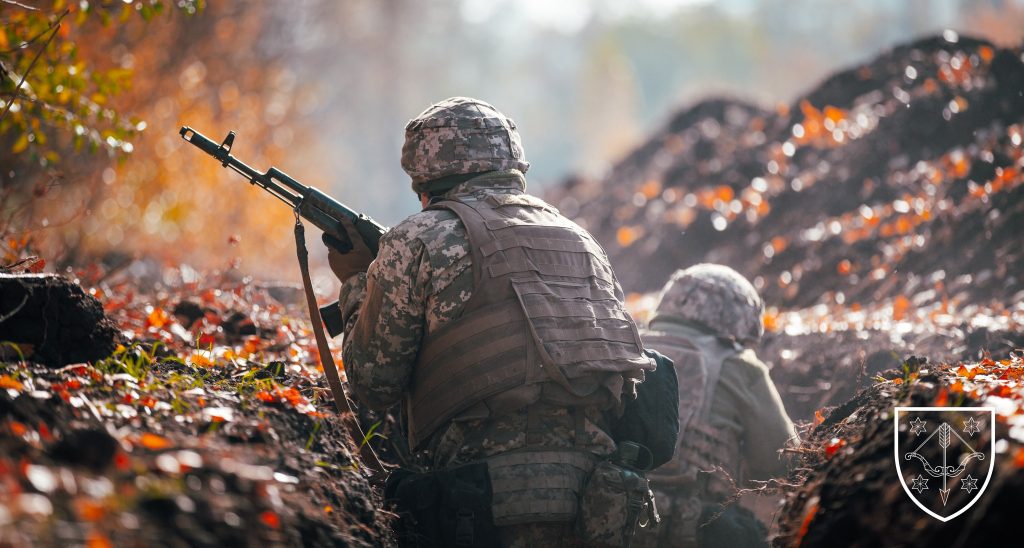
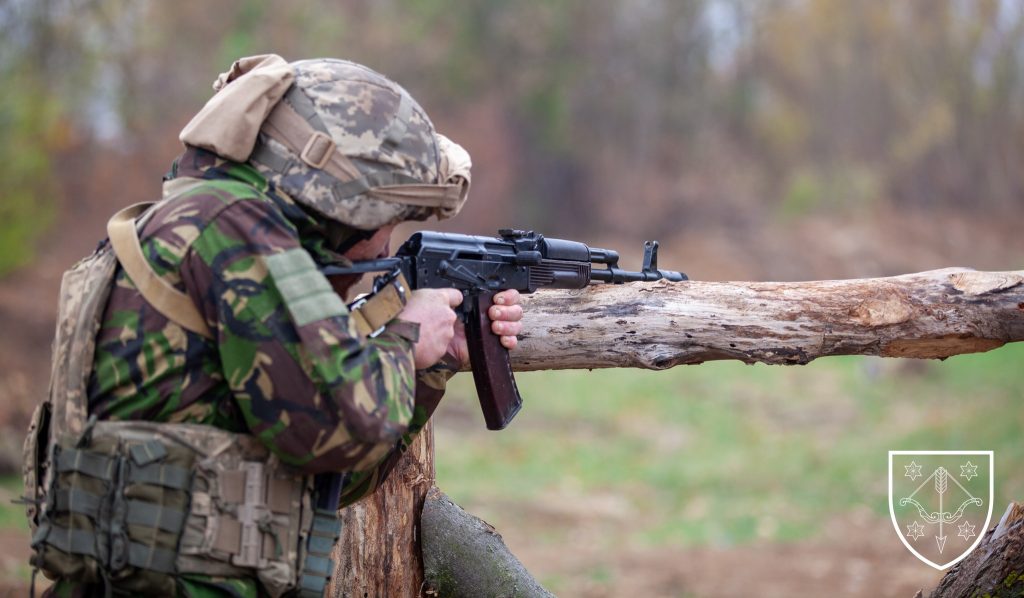
Maksym Stepanov, NUJU Information Service

 THE NATIONAL UNION OF
JOURNALISTS OF UKRAINE
THE NATIONAL UNION OF
JOURNALISTS OF UKRAINE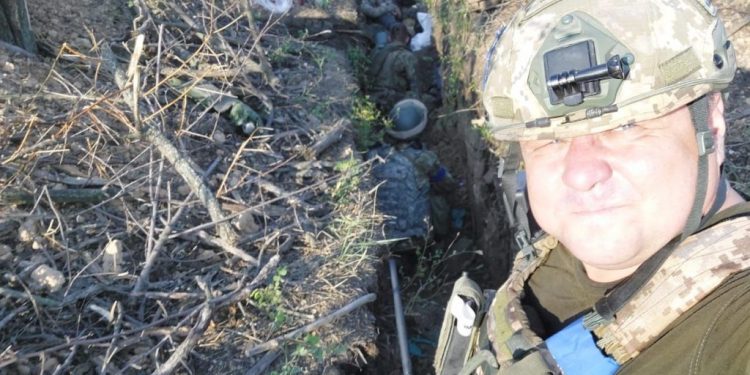
















Discussion about this post